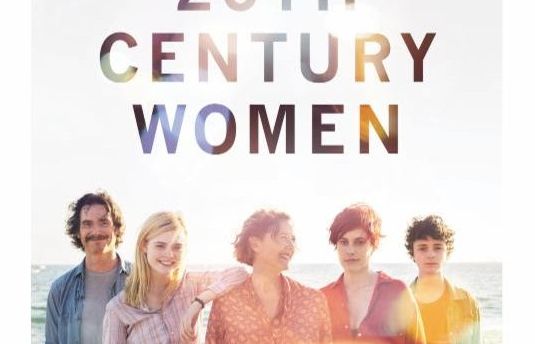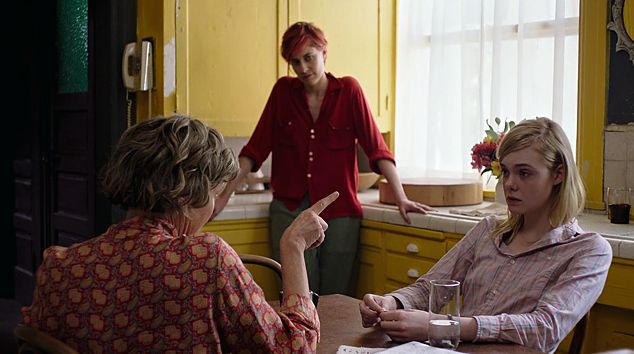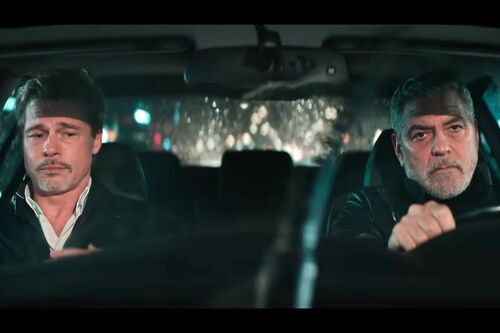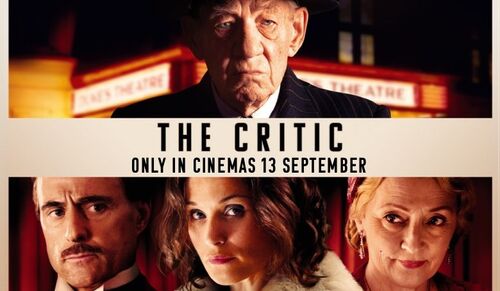
"20th Century Women" Review
 Four-time Academy Award nominee Annette Bening stars in this dysfunctional family indie. "20th Century Women" is writer/director Mike Mills' follow-up to 2010's "Beginners", the film that earned Christopher Plummer a (honorary) Best Supporting Actor award from nearly every association on the planet. From the little bit I'd seen and read about "20th Century Women", I felt heading in that this film was going to be a dialogue-driven, light melodrama about characters dealing with the meaning of their lives. And I wasn't far off.
Four-time Academy Award nominee Annette Bening stars in this dysfunctional family indie. "20th Century Women" is writer/director Mike Mills' follow-up to 2010's "Beginners", the film that earned Christopher Plummer a (honorary) Best Supporting Actor award from nearly every association on the planet. From the little bit I'd seen and read about "20th Century Women", I felt heading in that this film was going to be a dialogue-driven, light melodrama about characters dealing with the meaning of their lives. And I wasn't far off.
The setting is 1979 in Santa Barbara, CA. Dorothea (played by Bening) is the divorced mom of 15-year-old son Jamie (Lucas Jade Zumann). Dorothea is worried that she's losing her son to punk rock, drugs and sex, without a father/father-figure around to set him straight on any of those topics. She desperately wants him to grow into a proper adult, but feels powerless in trying to make that happen.
So she instills the help of two members of their quirky family unit - Abbie, a 24-year-old, ultra-feminist photographer (Greta Gerwig), who rents a room in the family house, and Jamie's 17-year-old lifelong best friend Julie (Elle Fanning), who's having sex with every boy in town, except him.

William the repairman (Billy Crudup) also lives in the house, which he's helping restore. He's a bit of a free spirit and can make no real connection with Jamie. So it's up to these three 20th Century Women to try to turn this young boy into a man.
"20th Century Women" suffers from quirky disease (among other things). When the first scene involves a car bursting into flames in a supermarket parking lot you pretty much know what you're in for the rest of the way. The focus shifts wildly from one character to the next, never allowing us to get a true understanding - or caring - for any of them. Bening does her best with Dorothea, forced to fluctuate from authentic to cartoonish (often in the same scene). Zumann shines as the dazed and confused Jamie, but he, like the rest of the characters, just never feels real enough to fully embrace.
Mills incorporates title pages with highly philosophical literary quotes and random rainbow-infused driving sequences in an attempt to liven things up. But his biggest mistake is the overuse of voice-over narration - from multiple characters. This technique only adds to the film's lack of a definitive point of view. And the BIG revelation at the end is pretty obvious, making you question why you had to endure two hours of this soap opera just to be presented with this conclusion.


